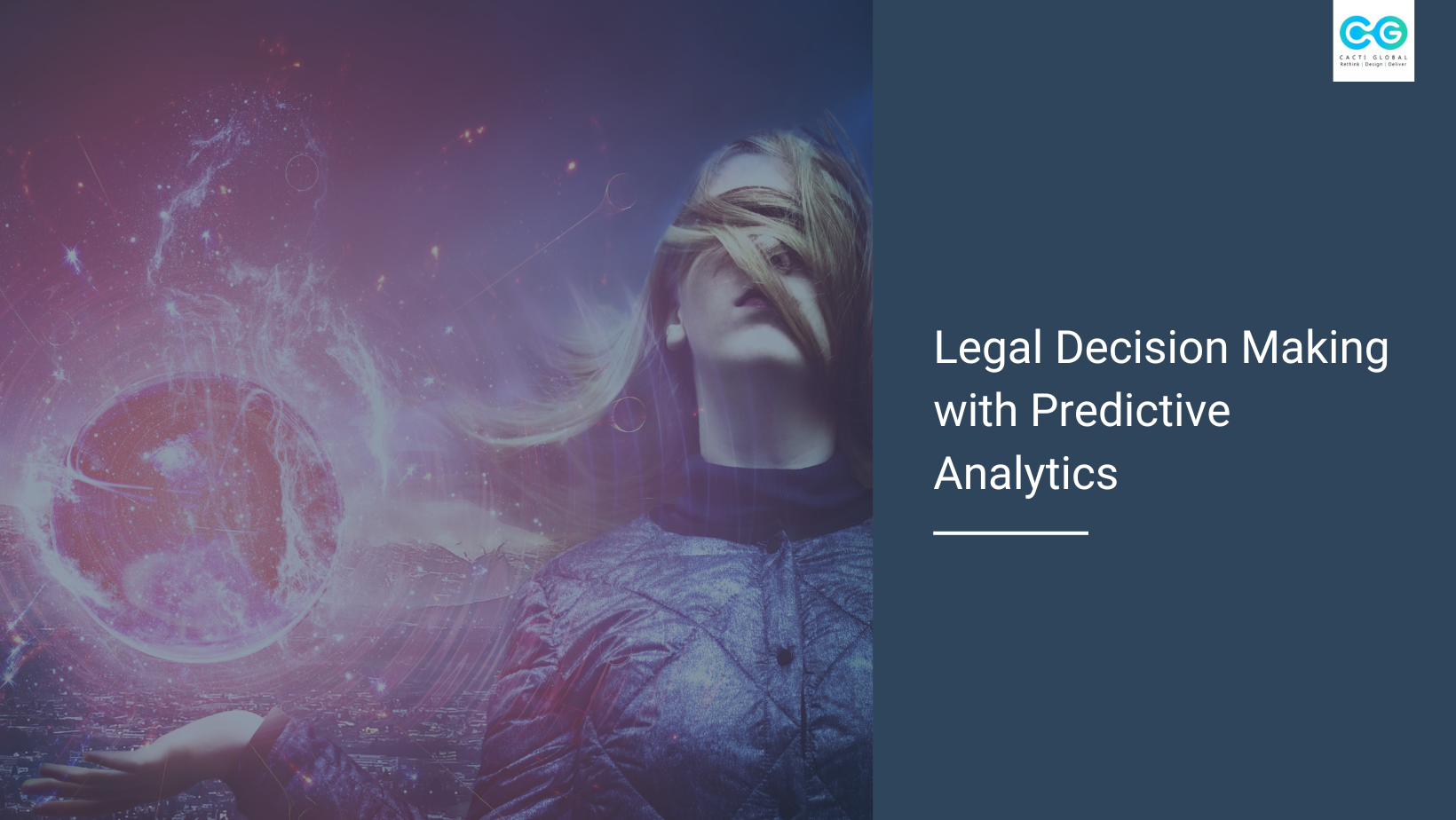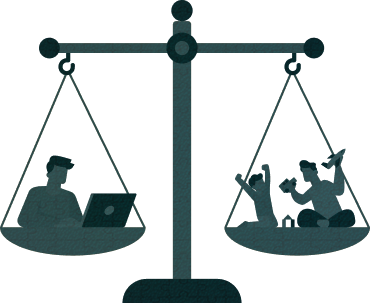Predictive Analytics that use AI technologies like Natural Language Processing (NLP) and deep learning will make it possible to conduct predictive justice and resolve legal disputes. These technologies have gained popularity in judicial systems over the past two decades and AI tools are being adopted for their increased precision and rapid ability to process high volumes of critical information.
AI models apply legal consistencies and in the legal industry, they are an effective way to manage and mitigate legal risk. AI and predictive analytics can transform the legal risk management landscape, identify regulatory and compliance issues, and enhance legal search and discovery. The combination of these two technologies can improve the accuracy and speed of work, and save attorneys both time and money when juggling increasing workloads.
Lawyers can quickly scan and find relevant information in documents, identify patterns and trends, and use predictive analytics to gain more accurate insights and legal advice. AI can analyze past legal cases, predict future outcomes, assist lawyers with making better decisions, and give them precise advice. AI can also help avoid potential legal pitfalls and alert attorneys about emerging risks when dealing with cases before they escalate and turn into real issues.
Further, AI makes for more efficient contract negotiations and can help prevent breaches in clauses. As the legal landscape evolves, there will be a need to automate legal compliance and by leveraging these technologies, law firms can adhere to the best industry standards. AI can review legal documents, automate the process of filing, and assist with contract lifecycle management. Finally, AI can track changes in regulations, monitor compliance, and alert organizations to take necessary action. This can help law firms stay ahead of the competition and enhance their overall reputation in the market.
Predictive Analytics Use Cases
Predictive analytics allow businesses to optimize campaign management and improve churn prevention by replacing lost customers with new ones. Businesses can enjoy customer segmentation by grouping them according to traits and creating better cross-selling and upselling opportunities. Predictive analytics can also be used in business to run predictive maintenance on technical equipment, assets, and inventory, in turn saving significant costs. Plus, it tightens quality controls and ensures good quality assurance, improving business reputation and customer experiences. Crawling tools can collect customer feedback, analyze sentiments across different social media channels, and perform effective risk modeling for a variety of industries as well. These analytics solutions identify buying behaviors and help with fraud detection by analyzing system anomalies, historical data, and cyber security vulnerabilities.
Ethical Considerations
One of the primary concerns of using these technologies to determine legal outcomes is the potential for bias. Discrimination could be prevalent since these tools are trained using historical datasets and have a certain degree of prejudice. Some privacy concerns will also be there since the data used to train these models are extracted from individual records and social media activity logs, thus leading to a breach of privacy and unlawful surveillance. The lack of transparency and accountability and the unavailability of adequate information about how these tools are used in law enforcement to reach legal decisions are other ethical concerns voiced by clients.
Conclusion
Predictive analytics and AI have to be used cautiously, but as these technologies progress – developers are addressing the concerns and working on steadily implementing fixes. For now, the future looks bright as legal attorneys can conduct enhanced risk assessments, predict the likelihood of crimes, collect and analyze criminal data, and make legal decisions through the insights gained.











